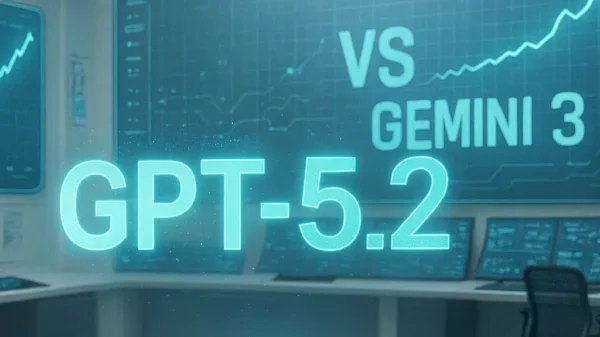As more than 20 nations assemble in Spain, there is a warning that Europe should not “miss the train” on the burgeoning space industry. The gathering is anticipated to center on financing for the postponed Ariane 6 rocket, climate change, and a potential new role in exploration.
The European Space Agency (ESA), comprised of 22 nations, is conducting ministerial meetings in Seville on Monday. On Tuesday, it will host a joint session with the European Union on competition in space, focusing on Elon Musk’s rival SpaceX, located in the United States.
The two-day “Space Summit” is taking place as Europe struggles to maintain its space program due to delays to the new Ariane 6 rocket, the grounding of the smaller Vega-C, and the disruption of Russia’s Soyuz due to the conflict in Ukraine.
Ministers from France, Germany, and Italy—three of the world’s most powerful space nations—will attempt to ease tensions on launcher policy, particularly medium-term funding for Ariane 6, which is currently scheduled to conduct its maiden test launch in 2024, four years later than initially anticipated.
According to industry insiders, France, the home of maker ArianeGroup, is looking for more cash to assist in covering cost overruns. La Tribune, a French business weekly, estimated the gap at 350 million euros last week.
Germany, sometimes perceived as unwilling to serve as the French industry’s paymaster, wants to support the growth of its own independent launch business. In contrast, Italy intends to safeguard the Vega-C project and forward its exploration efforts.
Sources said last week that while there had been some progress in breaking the impasse between the three central launch nations of Europe, ministers were still facing complex financial negotiations.
Before the conference in Seville, ESA Director General Josef Aschbacher cautioned Europe against making the same mistakes in the technology industry as in the past. However, he refrained from commenting on the discussions.
“The economy in space is expanding… It would be tactically extremely difficult, in my opinion, to explain not taking part in this,” Aschbacher told the French media union AJPAE.
In terms of intellectual capacity and patents, Europe was comparable to either Japan or the United States twenty years ago.
The largest IT firms nowadays are not located in Europe. Some of them are in China, while some are in the US. The train has not arrived. We’re currently attempting to catch up in related areas, such as quantum technology,” he remarked.
While Europe has established itself as a leader in space research, navigation, and climate monitoring, it has not set its sights on a prominent position in human exploration, preferring to play a supporting role in missions run by Russia or the American space agency NASA.
A proposal by ESA to solicit private finance for a potential new spaceplane intended to transport freight to and from future space stations is anticipated to be discussed by ministers. In the future, the project may be modified to allow for human flight.
The plan is similar to the Hermes spaceplane, which was never developed beyond the concept stage. Originally intended to house three astronauts, Europe’s response to the United States Space Shuttle was retired in 1992.

















































